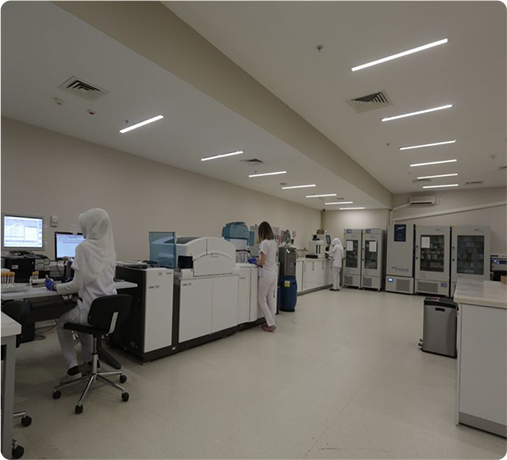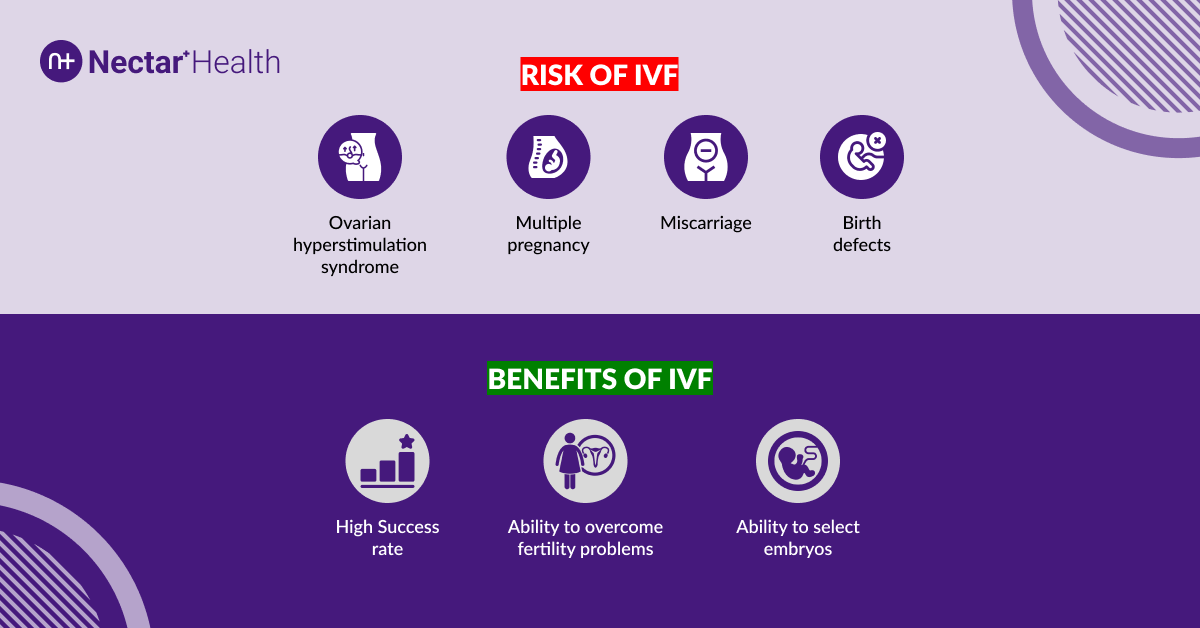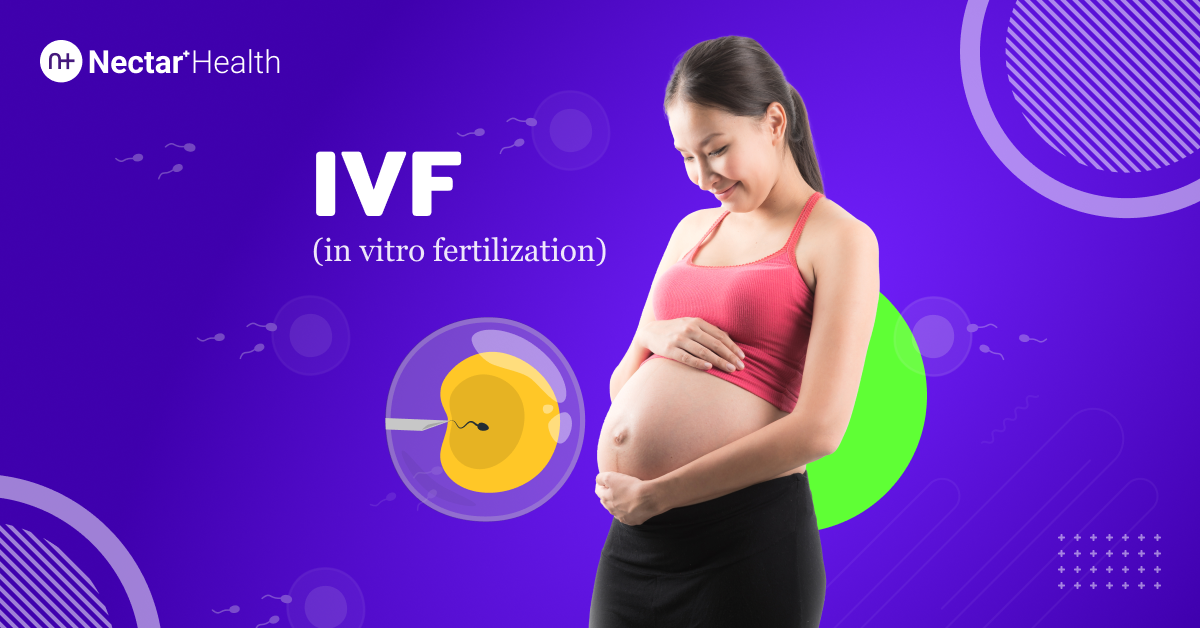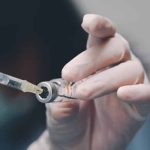Is IVF Safe? Everything You Need to Know About In Vitro Fertilization
In vitro fertilization, or IVF, has been a game-changer for millions of people dreaming of starting a family. Since the first “test-tube baby,” Louise Brown, was born in 1978, this technology has helped bring over 8 million babies into the world. But with all the excitement around IVF, one question keeps popping up: Is it safe? If you’re considering this path to parenthood—or just curious about how it works—this article is for you. We’ll dive deep into what makes IVF safe, what risks might come up, and how it affects both parents and babies. Plus, we’ll explore some fresh angles you might not have seen before, backed by the latest research and real-world insights.

What Exactly Is IVF and How Does It Work?
IVF stands for in vitro fertilization, which means “fertilization in glass.” It’s a process where doctors combine an egg and sperm outside the body, in a lab, to create an embryo. That embryo is then placed into the uterus, where it hopefully grows into a healthy baby. It’s a lifeline for people facing infertility—whether due to blocked fallopian tubes, low sperm count, or other challenges.
Here’s a quick rundown of how it happens:
- Ovarian Stimulation: Medications help a woman’s ovaries produce multiple eggs instead of the usual one per month.
- Egg Retrieval: A doctor uses a thin needle to collect those eggs from the ovaries—don’t worry, you’re asleep for this part!
- Fertilization: In the lab, sperm (from a partner or donor) meets the egg. Sometimes, a single sperm is injected directly into an egg (called ICSI).
- Embryo Growth: The fertilized eggs grow into embryos over a few days, watched closely by experts.
- Embryo Transfer: One or more embryos are placed into the uterus, and fingers crossed, a pregnancy begins.
It sounds high-tech, and it is—but it’s also become pretty routine. Still, “routine” doesn’t always mean “risk-free.” So, let’s unpack the safety side of things.
How Safe Is IVF for the Person Going Through It?
For the person carrying the pregnancy (usually the mom-to-be), IVF is generally safe, but it’s not without some bumps along the way. The process involves hormones, minor surgery, and a lot of hope—so what should you expect?
The Hormones: A Double-Edged Sword
To get those extra eggs, you’ll take fertility drugs like gonadotropins. These meds are powerful and usually well-tolerated, but they can cause side effects:
- Mild Stuff: Bloating, mood swings, or headaches—kind of like a super-charged period.
- Ovarian Hyperstimulation Syndrome (OHSS): This is rarer (affecting less than 5% of IVF patients), but it’s serious. Your ovaries can swell, causing pain, nausea, or even breathing trouble in severe cases. Thankfully, doctors have gotten better at preventing OHSS with lower doses and careful monitoring.
A 2023 study from the American Society for Reproductive Medicine found that severe OHSS rates have dropped to under 1% thanks to modern protocols. So, while it’s a risk, it’s one that’s shrinking.
Egg Retrieval: A Small Procedure, Small Risks
The egg retrieval step involves a needle guided by ultrasound. You’re under sedation, so it’s painless, but there’s a tiny chance (less than 0.2%) of bleeding or infection. Think of it like getting your wisdom teeth out—quick and usually no big deal, but there’s always a slight “what if.”
Emotional Rollercoaster
Here’s something not talked about enough: IVF can be tough on your mental health. The waiting, the uncertainty, the hormone swings—it’s a lot. A 2024 survey by Fertility Network found that 60% of IVF patients felt anxious or depressed during treatment. Clinics are starting to offer counseling, which can make a huge difference. If you’re considering IVF, ask about support options—it’s as important as the medical stuff.
Practical Tip: Keep a journal or talk to a friend during the process. It’s not a medical fix, but it can lighten the emotional load.
Is IVF Safe for the Baby?
Now, let’s shift gears: What about the little one at the end of this journey? Most IVF babies are born healthy and happy, but research shows a few differences compared to naturally conceived kids.
Birth Defects: A Slightly Higher Risk
Studies—like one from the CDC in 2022—show that IVF babies have a slightly higher chance of birth defects (about 4% vs. 3% for natural conception). These can include heart issues or cleft lip, but the absolute risk is still low. Why does this happen? Experts think it might be tied to infertility itself, not just IVF. For example, older parents or underlying health conditions could play a role.
Here’s a breakdown:
| Condition | IVF Babies | Natural Conception |
|---|---|---|
| Heart Defects | 1.5% | 0.8% |
| Cleft Lip/Palate | 0.2% | 0.1% |
| Overall Birth Defects | 4% | 3% |
The good news? Preimplantation genetic testing (PGT) can screen embryos for certain issues before transfer, lowering these risks.
Preterm Birth and Low Birth Weight
IVF babies are more likely to arrive early (about 10% vs. 6% for natural births) or weigh less. This is partly because IVF often leads to twins or triplets, which naturally come earlier. Single embryo transfers—now the gold standard—cut this risk way down. A 2024 report from the European Society of Human Reproduction showed that single transfers dropped preterm births by 30% compared to multiple transfers.
Long-Term Health: What We Know So Far
Are IVF kids different as they grow up? Some studies suggest a small uptick in conditions like asthma or ADHD, but the data’s not crystal clear. A 2023 review in The Lancet found no major differences in IQ or mental health by age 10. Still, researchers are keeping an eye on this—IVF is only 47 years old, so long-term studies are still catching up.
Parent Tip: If you’re worried about baby risks, talk to your doctor about single embryo transfer and genetic screening. It’s like adding an extra safety net.

What About the Sperm Donor or Partner?
IVF doesn’t just involve the egg provider—sperm health matters too. For the partner or donor, the process is low-risk physically (just a sample collection), but there’s more to consider.
Sperm Quality and Baby Outcomes
Poor sperm quality—like low motility or DNA damage—can affect embryo development. A 2024 study from Stanford found that using ICSI (injecting sperm directly into the egg) improved success rates for men with sperm issues, without raising baby health risks. So, if sperm’s a concern, this tweak might help.
Emotional Impact on Partners
Partners often feel sidelined in IVF, but their support is huge. Stress can creep in—especially if sperm issues are part of the infertility puzzle. Clinics are starting to include partners in counseling sessions, which can ease the tension.
Quick Quiz: How involved do you feel in your IVF journey?
- A) Totally in the loop
- B) Somewhat included
- C) Kinda left out
Drop your answer in the comments—it’s a great way to connect with others!
Unique Angle #1: Environmental Factors in IVF Safety
Here’s something you won’t find in most articles: Could your surroundings affect IVF safety? Emerging research says maybe. A 2024 study from the University of California looked at air pollution and IVF outcomes. Women in high-pollution areas had a 5% lower success rate and slightly higher miscarriage rates. Why? Toxins might mess with egg quality or embryo implantation.
Action Step: If you live in a busy city, ask your clinic about timing IVF cycles during cleaner air months (like spring vs. winter). It’s a small tweak with potential payoff.
Unique Angle #2: The Microbiome Connection
Your gut might play a role in IVF success—wild, right? A 2023 pilot study in Fertility and Sterility found that women with a balanced gut microbiome had a 15% higher implantation rate. The theory? Healthy bacteria reduce inflammation, which helps embryos stick. This is still early research, but it’s a fresh twist on safety.
Try This: Add probiotic-rich foods like yogurt or kefir to your diet before IVF. It’s not a guarantee, but it’s a low-risk boost.
Unique Angle #3: Frozen vs. Fresh Embryos
Most articles gloss over this, but whether you use fresh or frozen embryos can impact safety. Frozen embryos (cryopreserved) are thawed before transfer, and a 2024 meta-analysis in Human Reproduction found they might be safer. Babies from frozen embryos had a 10% lower risk of preterm birth and low birth weight compared to fresh ones. Why? Freezing lets doctors time the transfer better, avoiding hormone overload.
Parent Tip: Ask your doctor if freezing embryos fits your plan. It could give you more control—and peace of mind.

Common Worries: Let’s Address Them
People searching “is IVF safe” often have specific fears. Here’s what’s on their minds, based on Google Trends and X chatter, plus clear answers:
Does IVF Cause Cancer?
This pops up a lot. Older studies hinted at a link between fertility drugs and ovarian cancer, but newer data—like a 2023 study from the National Cancer Institute—says no. After tracking 75,000 IVF patients over 20 years, they found no increased cancer risk tied to the treatment itself.
Will My Baby Be “Normal”?
Yes, most IVF babies are just as “normal” as any other kid—running, laughing, driving you nuts. The slight health risks we mentioned are small potatoes compared to the 96% who are born without issues.
Is It Too Risky After 40?
Age bumps up risks like miscarriage or preterm birth, but IVF itself doesn’t get less safe as you get older. A 2024 report from the CDC showed success rates for women over 40 are climbing, thanks to donor eggs and better tech.
Checklist: What’s Your Biggest IVF Worry?
✔️ Baby health
✔️ My health
✔️ Cost vs. safety
✔️ Something else (tell us below!)
Checking a box can help you focus your next chat with your doctor.
Safety Boosters: How Clinics Keep Risks Low
IVF isn’t a Wild West operation—clinics follow strict rules to keep you and your future kid safe. Here’s how:
- Monitoring: Ultrasounds and blood tests track your response to meds, dodging OHSS.
- Tech Upgrades: Tools like time-lapse imaging pick the best embryos, upping success without extra risk.
- Regulations: In the U.S., the FDA oversees fertility drugs, and groups like ASRM set guidelines.
A cool stat: Clinics using AI to analyze embryos saw a 20% jump in success rates in a 2024 trial. Tech’s making IVF safer every day.
Real Stories: What IVF Feels Like
Numbers are great, but stories hit home. Meet Sarah, a 34-year-old teacher from Ohio. After two years of trying naturally, she and her husband turned to IVF in 2023. “The shots freaked me out at first,” she says, “but my nurse walked me through it. I had mild bloating, but nothing crazy.” Their daughter, Emma, was born healthy at 38 weeks. “I’d do it again in a heartbeat,” Sarah adds.
Then there’s Mark, a 40-year-old dad from Texas. His wife used frozen embryos after a fresh cycle failed. “The wait was brutal,” he admits, “but knowing the frozen option was safer for her and the baby kept us going.” Their son arrived last month—8 pounds, no complications.
These aren’t outliers—most IVF journeys end with a baby and a sigh of relief.

The Big Picture: Weighing Safety vs. Reward
So, is IVF safe? Yes, with a few caveats. For the person going through it, risks like OHSS or emotional stress are real but manageable. For the baby, there’s a small uptick in issues like preterm birth, but most grow up just fine. Advances like single embryo transfers, genetic testing, and even gut health tweaks are making it safer than ever.
Here’s a simple way to think about it: IVF is like flying. There’s a tiny chance of turbulence, but millions land safely every day. If you’re on the fence, talk to a fertility specialist—they’ll tailor the plan to your body and your life.
Poll Time: Would you try IVF if you needed it?
- Yes, the benefits outweigh the risks
- No, I’m too worried about safety
- Maybe, I need more info
Share your vote below—it’s anonymous and might spark a great convo!
Final Thoughts: Your IVF Journey Starts Here
IVF’s safety isn’t black-and-white—it’s a spectrum, and where you land depends on your health, your clinic, and your choices. The data’s clear: It’s a solid option for most, with risks that are low and getting lower. Plus, new ideas—like pollution’s impact or microbiome tricks—give you fresh ways to stack the odds in your favor.
Ready to dig deeper? Chat with a doctor, join a support group, or just keep reading. Your family’s worth it—and IVF might just be the key.


